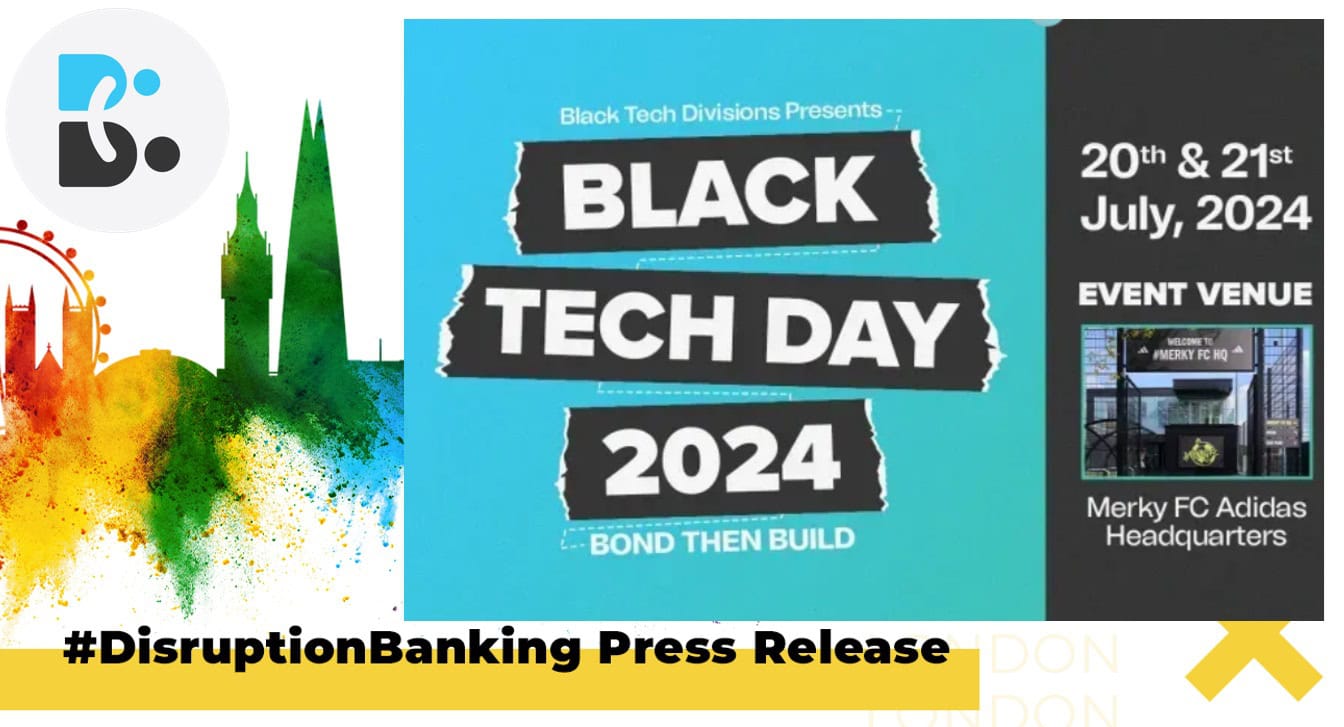HSBC’s outgoing CEO, Noel Quinn, has had a successful run at the helm of Europe’s largest bank and one of the largest employers in the financial industry with around 220,000 employees. The influential London headquartered bank, which manages assets worth around $3 trillion, making it almost as large as the entire British economy in GDP terms, announced the departure of the career banker recently. HSBC said Quinn would continue to serve on an interim basis as it looks both internally and externally for a suitable replacement.
Quinn’s exit has piqued the interest of many in the financial community because he’s leaving on a high note career-wise. He’s widely seen as a star CEO, having led HSBC to record annual profits of more than $30 billion (£24 billion) last year.
Quinn has revamped HSBC in recent years, selling off its retail banking businesses in France, the US, Canada, and most recently Argentina to sharpen its focus on Asia, where the bank makes most of its profits. He also restructured the group globally, cutting some 35,000 jobs and saving up to £3.5bn annually.
HSBC reported a 78% jump in full-year profit, a record high gain on interest rates, but missed forecasts as it was hit by a hefty impairment from its stake in a Chinese bank https://t.co/fLlKjr9CEb pic.twitter.com/3550BeWkFx
— Reuters (@Reuters) February 21, 2024
The Man Who Fixed HSBC
Quinn, a veteran of the bank who joined in 1987 and rose up the ranks in the nearly four decades that followed, becoming its CEO in 2019. He is credited with profitably leading the bank through successive shocks such as the Covid-19 pandemic, the Russia-Ukraine crisis, inflation, and rate hikes. The UK-listed bank’s stock price has appreciated around 30% during his time in the driver’s seat, making him a favorite with the board and shareholders.
Russ Mould, the investment director at AJ Bell, said that it was “a surprise” to hear the news that Quinn was leaving HSBC at such a high moment in his career. “It felt like he was on a roll with efforts to simplify the group and improve returns,” he said, adding: “He is getting out while the going is good, destined to be seen as the man who fixed HSBC and positioning himself as a go-to person for strategic advice.”
The successful run notwithstanding, Quinn is now determined to venture on his own and have more “personal time,” away from the demands that come with running a financial behemoth the size of HSBC.
He commented in a statement: “After an intense five years, it is now the right time for me to get a better balance between my personal and business life. I intend to pursue a portfolio career going forward.” Quinn’s pay roughly doubled to £10.6m last year when the bank posted record profits.
HSBC chair, Mark Tucker, who reaffirmed that it was Quinn’s decision to retire, credited the outgoing chief executive with much of the bank’s recent success. “He has driven both our transformation strategy and created a simpler, more focused business that delivers higher returns.”
When a banker departs from an executive role at a major bank and expresses the intention to pursue a “portfolio career,” it signifies a shift toward leveraging their expertise across various domains, such as consulting, advisory work, board memberships, or entrepreneurial endeavors, to broaden their horizons and create a more varied and flexible career path. It can be an exciting and potentially lucrative undertaking, if done right.
With the geopolitical and growth challenges ahead for HSBC, Noel Quinn's timing may prove to be impeccable, writes @PaulJDavies https://t.co/FnBa9IsVCd via @opinion
— Bloomberg (@business) April 30, 2024
HSBC’s Big Dilemma
While Quinn sets off on his new adventure, he has left HSBC with a big dilemma in filling the void. The bank is looking at both internal and external candidates, but its recruiters are torn between handing over the reins to an outsider or a proven insider as has historically been the case in the bank’s past CEO hires.
Moreover, the search for his successor occurs at a politically sensitive time, with HSBC balancing its British headquarters and its profitable centre in China. The bank’s deep roots in both regions make it vulnerable amid escalating tensions between China and the West.
The new CEO will inherit these strategic challenges and must navigate the bank’s sprawling operations across 64 countries, not to mention deploy its $3 trillion balance sheet profitably like Quinn. It’s an enviable job but certainly not an easy one. Disruption Banking’s roundup of likely replacements from different sources reveals a diverse array of likely candidates.
- Georges Elhedery (Internal): HSBC’s finance chief is a frontrunner for the CEO position. His recent sabbatical to learn Mandarin suggests grooming for the top role
- Nuno Matos (Internal): Head of HSBC’s wealth management division.
- Barry O’Byrne (Internal): Head of HSBC’s global commercial bank division.
- Charlie Nunn (External): Lloyds Bank chief.
- Helen Wong (External): OCBC Bank boss.
- Simon Cooper (External): Former Standard Chartered banker.
Nobody can predict with certainty the outcomes of recruitment exercises or even if anyone on the list will be selected, but if it were a bet, analysts say that internal candidates have greater odds of clinching the job. Shore Capital analyst Gary Greenwood said: “HSBC has always been a huge bureaucracy. You need a political operator who can come in and navigate that. An internal candidate would have more knowledge of the internal workings of HSBC.”
Whether internal or external, the new CEO will also have to demonstrate that they can meet or exceed the expectations of shareholders and the board, led by Chair Mark Tucker. Quinn got along well with Tucker because he was a performer. Quinn, who supports Aston Villa football club, even recently joked that the only point of difference between him and Tucker over the past five years had been over football, as Tucker is “an ardent Chelsea supporter”. But the previous CEO before Quinn was not so lucky. John Flint, the former CEO and also a HSBC veteran at the time, was shown the door in 2019 after just 18 months on the job.
Author: Acutel
We are global investors who invest in good companies at fair valuation and speculate on all else subject to the risk exposure we can afford.
The editorial team at #DisruptionBanking has taken all precautions to ensure that no persons or organisations have been adversely affected or offered any sort of financial advice in this article. This article is most definitely not financial advice.















